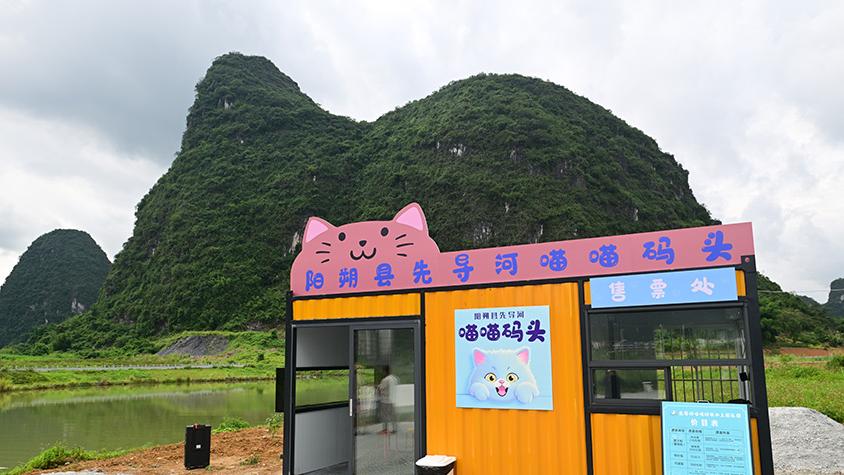5月1日起第四套人民币部分券别停止在市场流通
百度 不以规矩难成方圆。
Milan is a city renowned for its dynamism and vibrant cultural life. At the University of Milano-Bicocca, we meet Silvia Pozzi, a translator and professor of Chinese Language and Literature. Since 1999, Pozzi has been deeply engaged in translating Chinese literature into Italian, including the works of celebrated authors like Yu Hua, Han Han, and Wu Mingyi. In recognition of her contributions, she received the 17th Special Book Award of China in 2024. "Chinese literary works are breath-taking," Pozzi affirmed, "and not having access to them would impoverish us all."

Silvia Pozzi (Photo/Patrick Shead-Simmonds)
"For me, literature is a treasure that profoundly enriches life. When you read, it feels as if you've lived 10,000 lives," Pozzi reflected. "Through literature, you can smell the alleys of Beijing under the moonlight, watch the sun set over the Gobi Desert, or taste spicy hot pot in Sichuan."
Over the past 25 years, Pozzi has translated numerous Chinese authors, yet Yu Hua holds a special place in her work. She has translated some of his most influential books including "Brothers," "The Seventh Day," and "China in Ten Words" and admires his exceptional storytelling. "Once Yu Hua starts telling a story, you can't stop listening," she said. "Even though he deliberately uses simple language, his words strike you straight in the heart. His stories not only reflect Chinese lives, but also express universal human emotions."
Yu Hua has become widely known and celebrated in Italy. He has visited the country several times and received numerous awards. Pozzi recalled a literary event in Milan where more than 2,500 people queued to have their books signed by him. She found it particularly moving that hundreds of Chinese students brought Italian editions of Yu Hua's books. When Yu Hua asked why, since they could read the originals in Chinese, they replied that they wanted to gift the Italian versions to their local friends. For Pozzi, this speaks volumes about the power of literature to build personal connections and foster cross-cultural understanding.
To Pozzi, translation is "a wild marriage between literary creativity and scientific precision." Each page demands ongoing negotiation, line by line, expression by expression, and word by word. She illustrated this using the example of the Chinese idiom "lin zi da le shen me niao dou you," which literally means when the forest is big, all kinds of birds appear. "There's no direct equivalent in Italian," she explained, "but the meaning is clear. I chose to translate it literally, to enrich the Italian language and preserve the author's style."
Pozzi is also a co-director at Officina, the Permanent Translation Lab at the University of Milano-Bicocca. "'Officina' in Italian means a workshop, a place for handwork," she said. The lab is a collaborative space for both experienced and emerging sinologists, dedicated to training and exchange in the field of translation. The lab also includes translators working in other languages such as Arabic, Japanese, and of course Italian, making the environment even richer through diverse perspectives.
In addition to her translation work, Pozzi is deeply committed to teaching Chinese language and literature. "I always tell my students: become word hunters," she said. "They need to read widely—not only in Chinese, but also translated works from and into Chinese. I also encourage them to build a strong foundation in classical Chinese to develop a true 'yu gan,' or sense of the language."
"Chinese literature is gaining increasing visibility in Italy," Pozzi noted. "Over the past decade, we've seen a growing number of publishers and dedicated series focused on Asian literature and especially Chinese. The time is ripe for Chinese literature to flourish."
(Web editor: Hongyu, Wu Chengliang)










